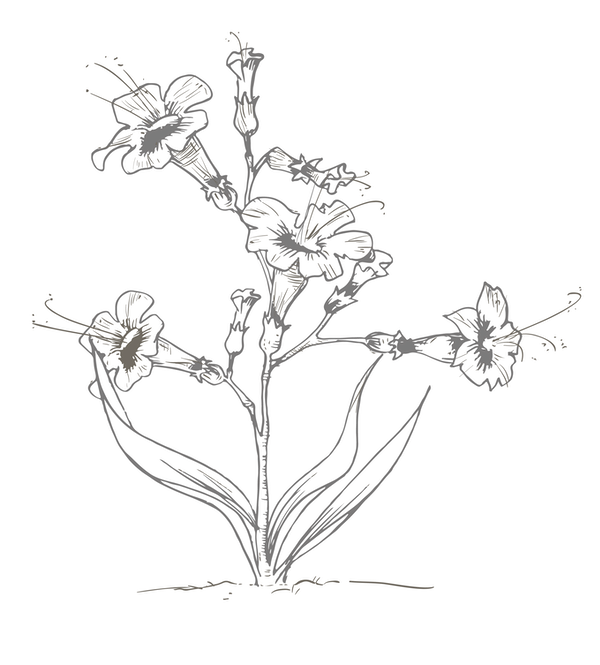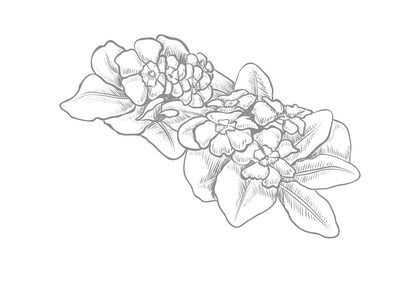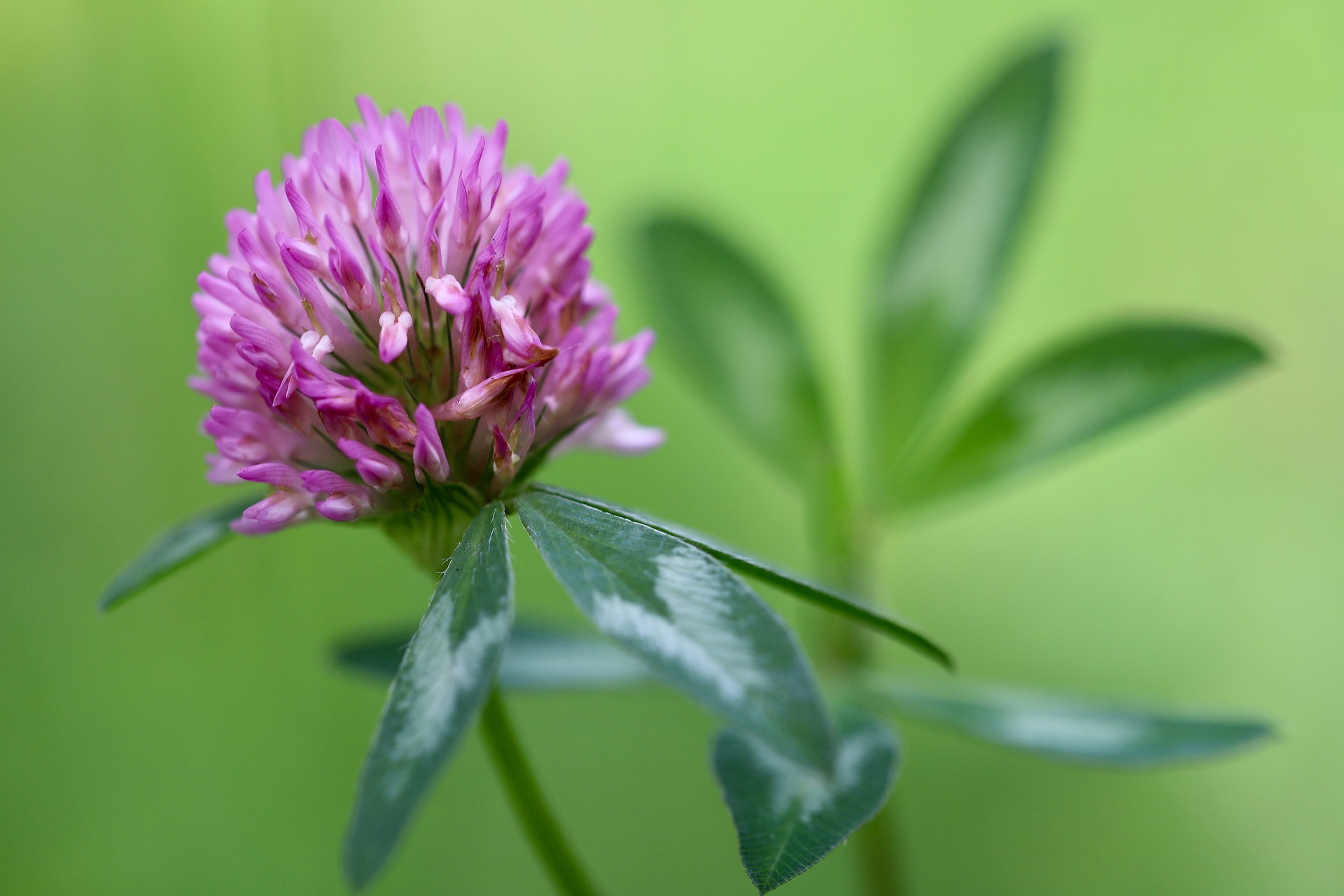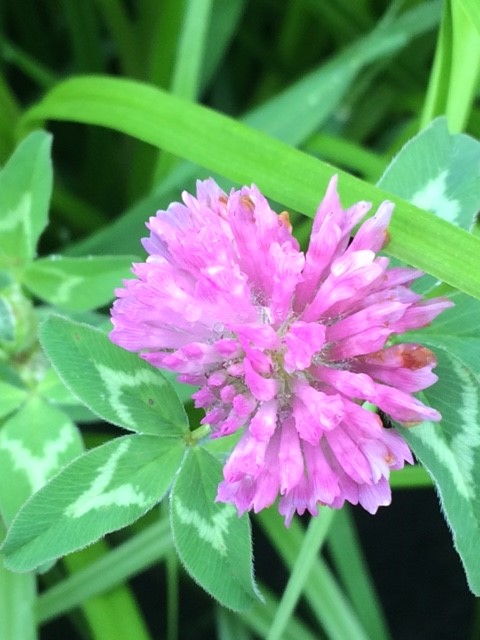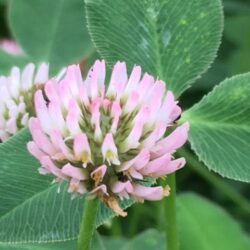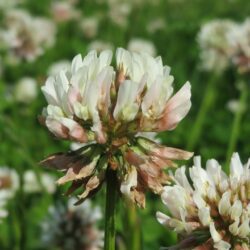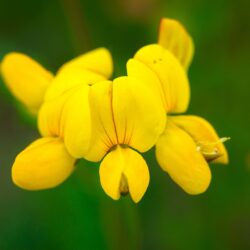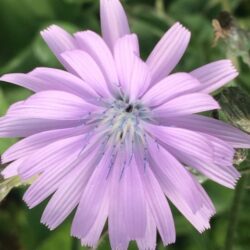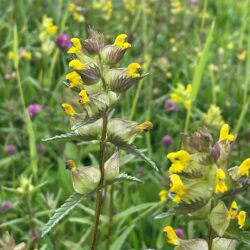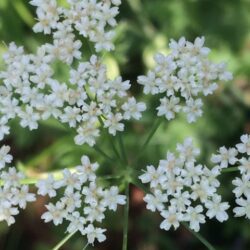Description
Wild red clover (Trifolium pratense), cherished for its multifaceted benefits, extends beyond its role as a fodder crop. Clover crops are renowned for their nitrogen-fixing properties, this resilient plant significantly enhances soil fertility, making it a sought-after green manure crop in agricultural practices. Farmers value its ability to naturally enrich the soil, contributing to sustainable and eco-friendly cultivation methods.
In addition to its agricultural significance, wild red clover holds a place in alternative medicine. Traditionally, it has been promoted as a remedy for various human conditions. Beyond its agricultural significance, red clover has found a place in alternative medicine. Its traditional uses extend to being promoted as a treatment for menopausal symptoms, where it is believed to offer relief. Moreover, in alternative health practices, clover extract is explored for its potential benefits in addressing coughs, skin disorders, and supporting the lymphatic system. The diverse applications of wild red clover underscore its ecological and medicinal importance.
Reaching up to half a metre in height, Wild red clover plants are an excellent source of nectar for bees, flowering May to September. Preferring full sun.

